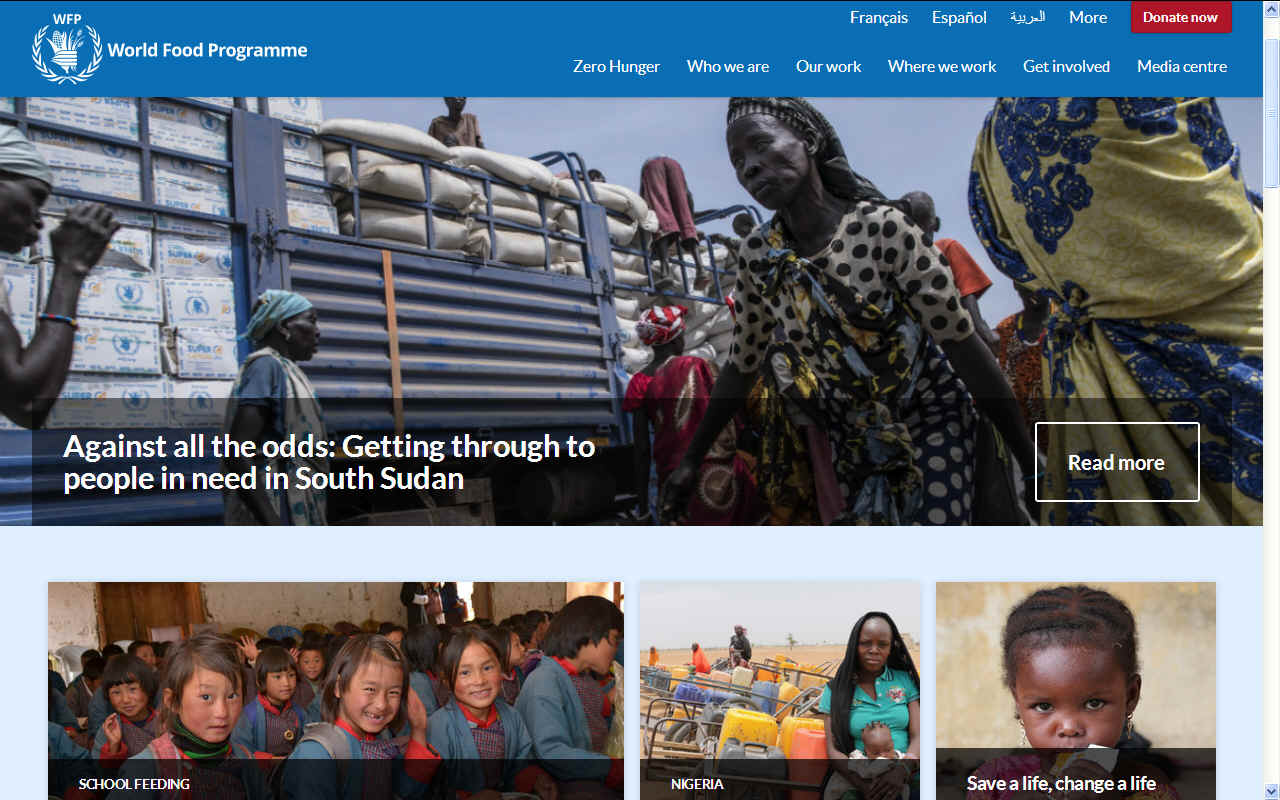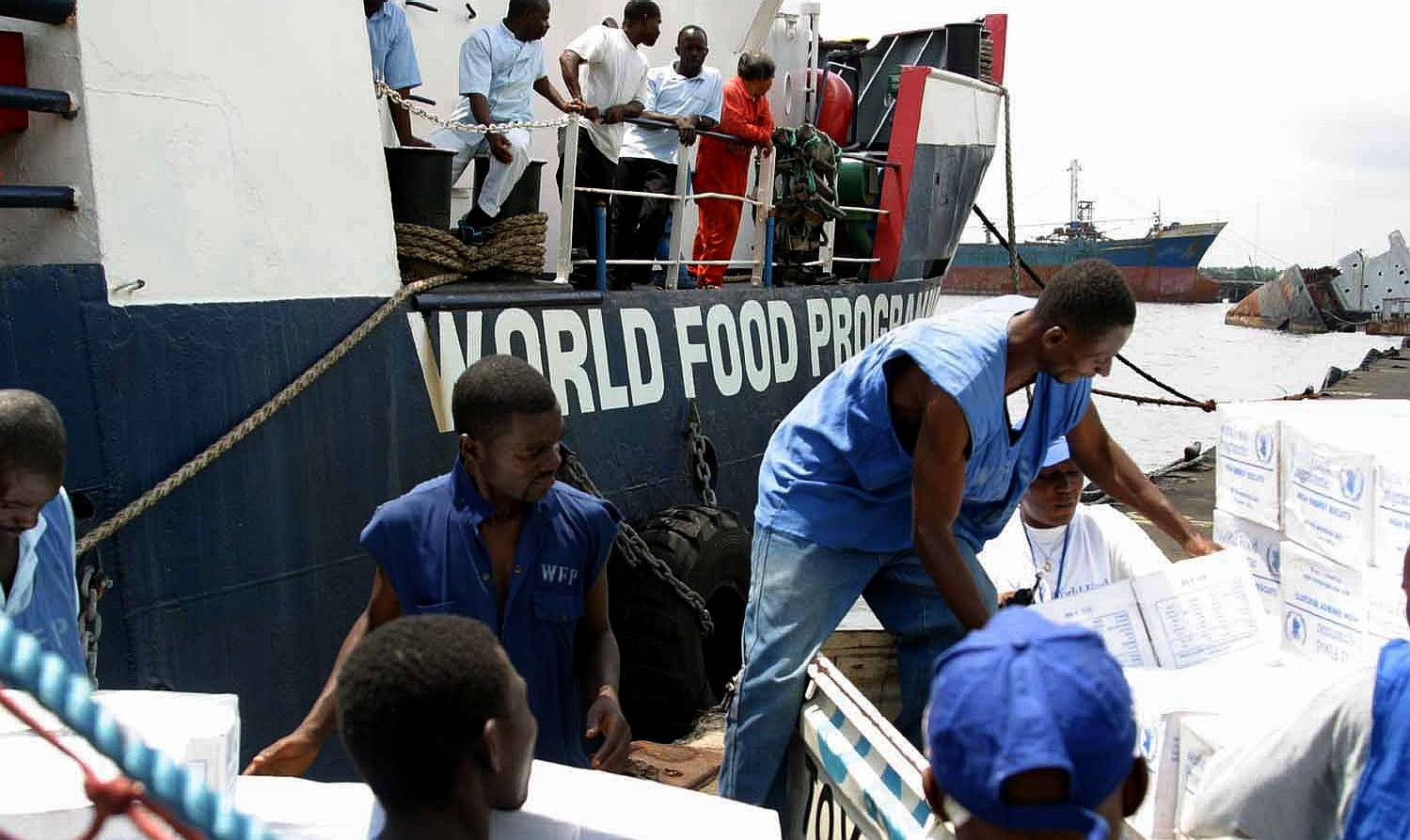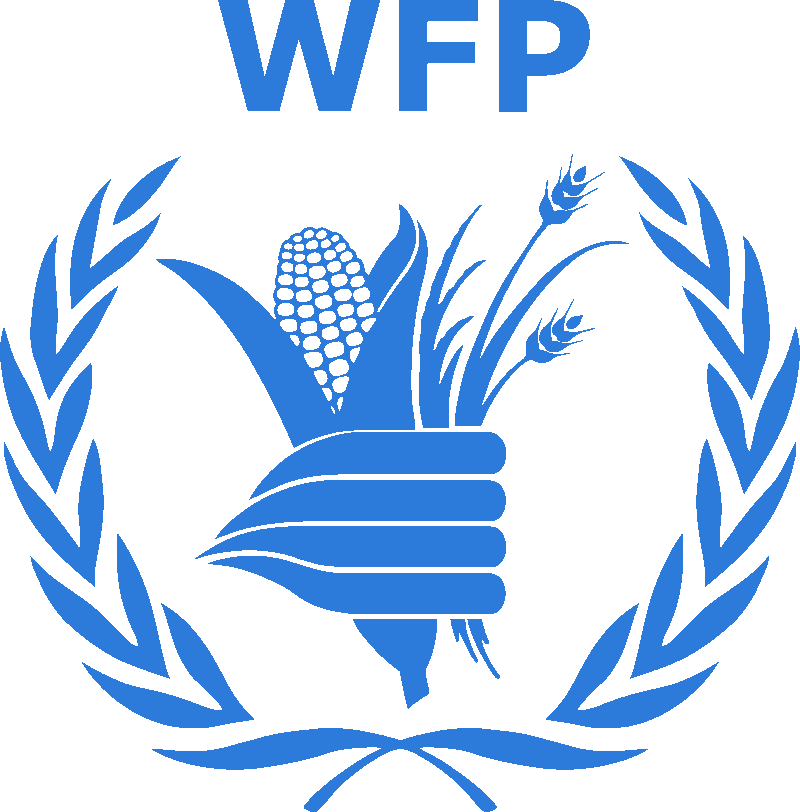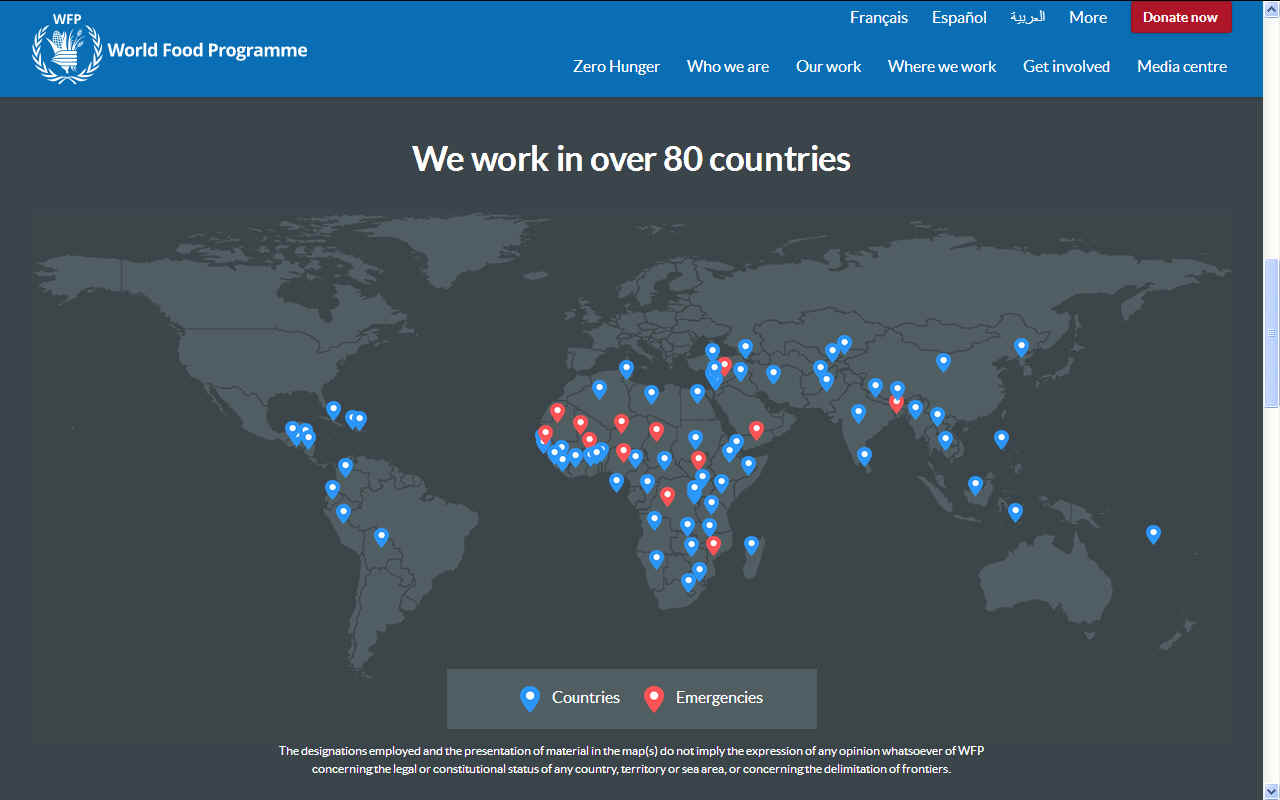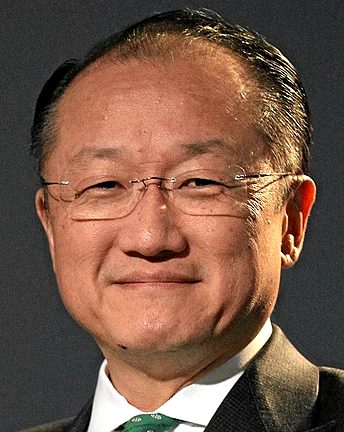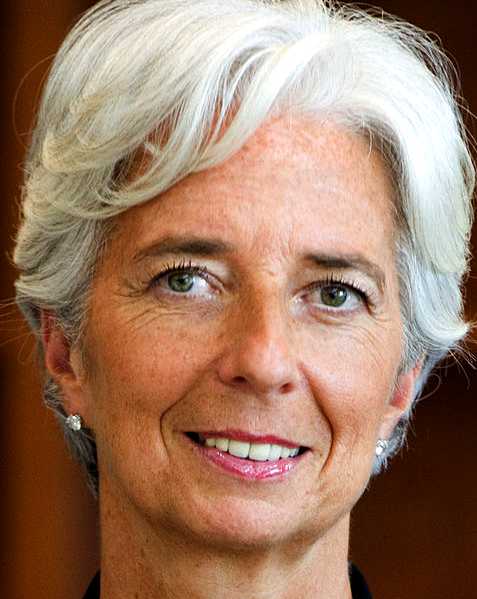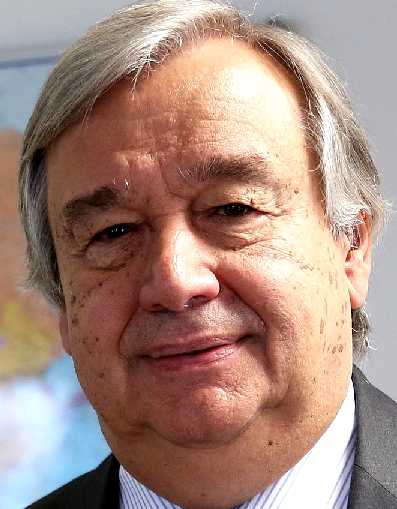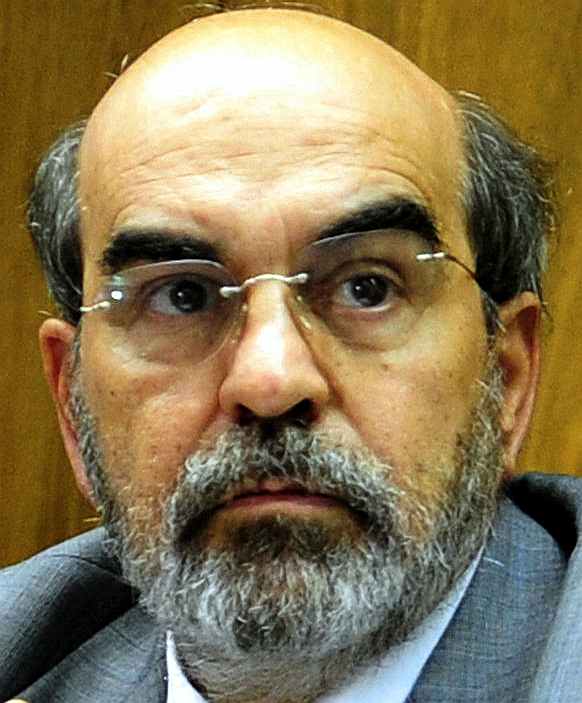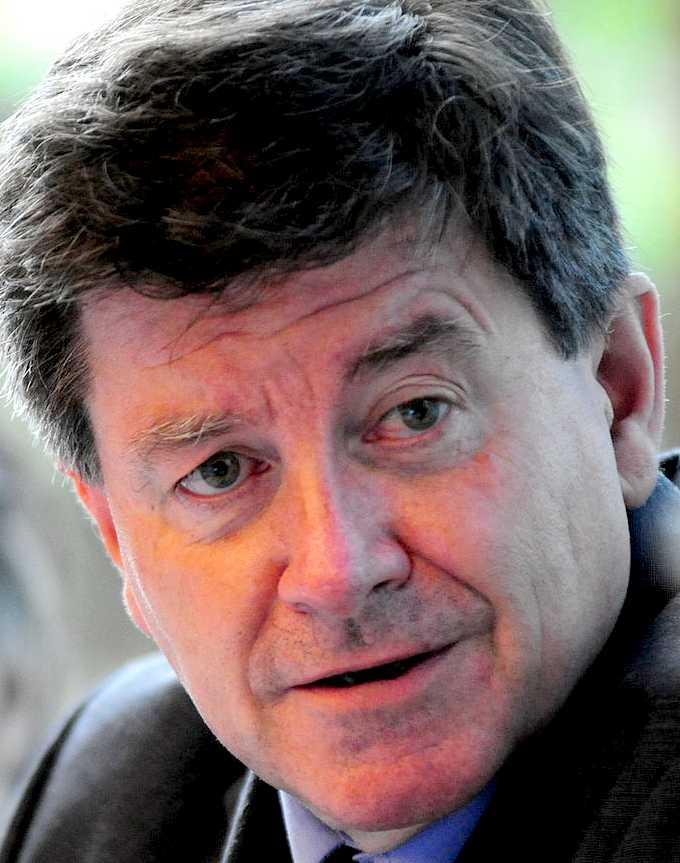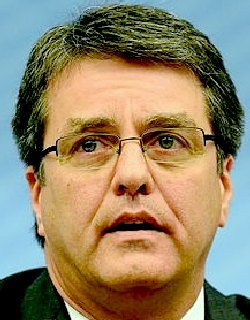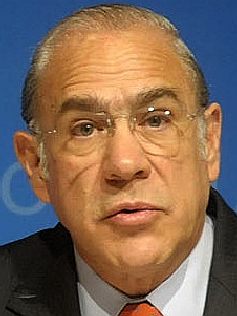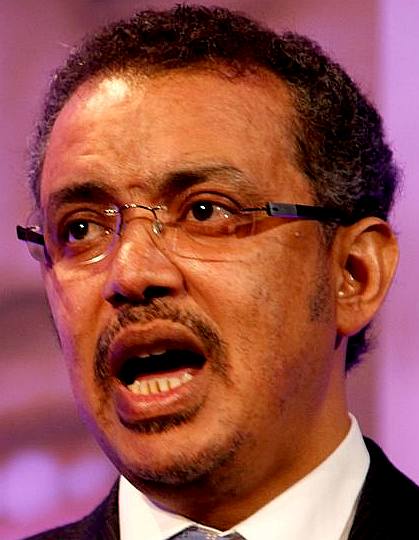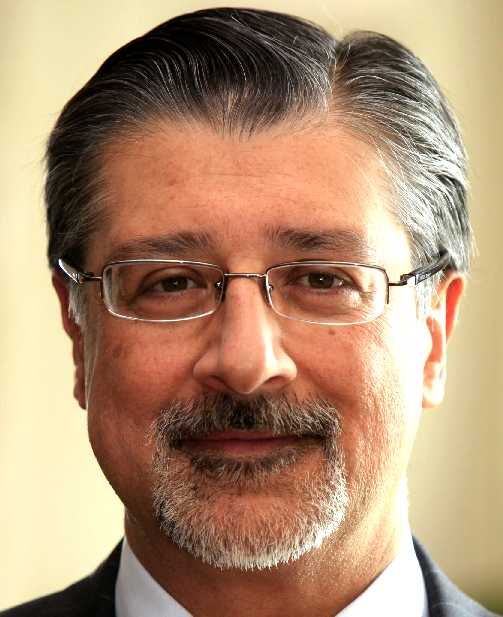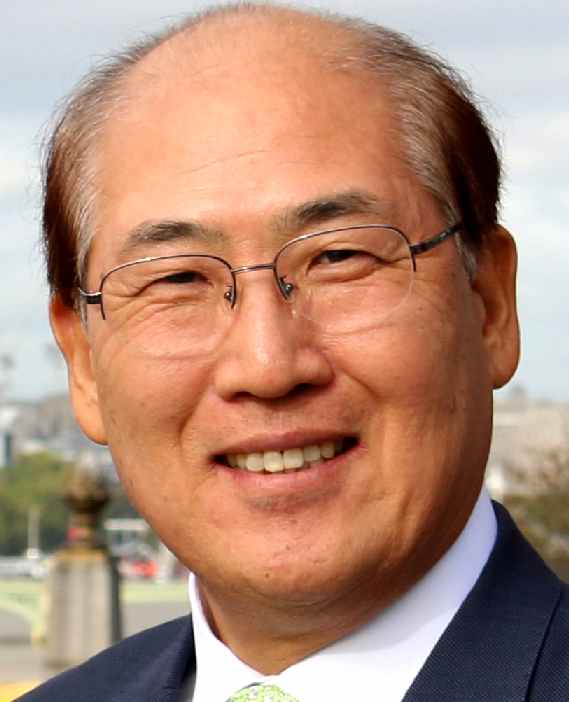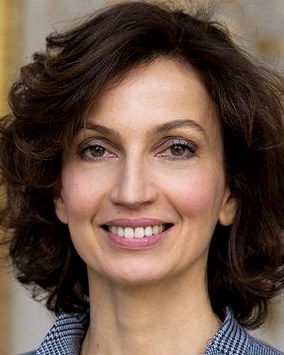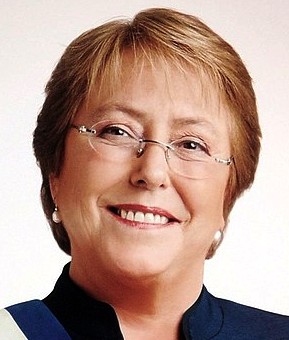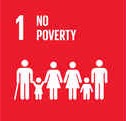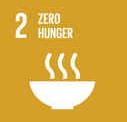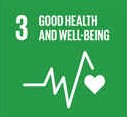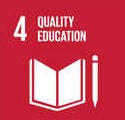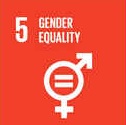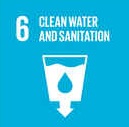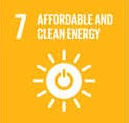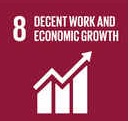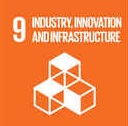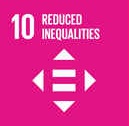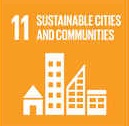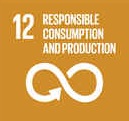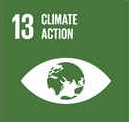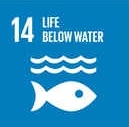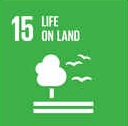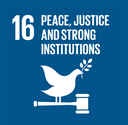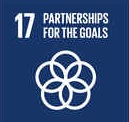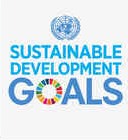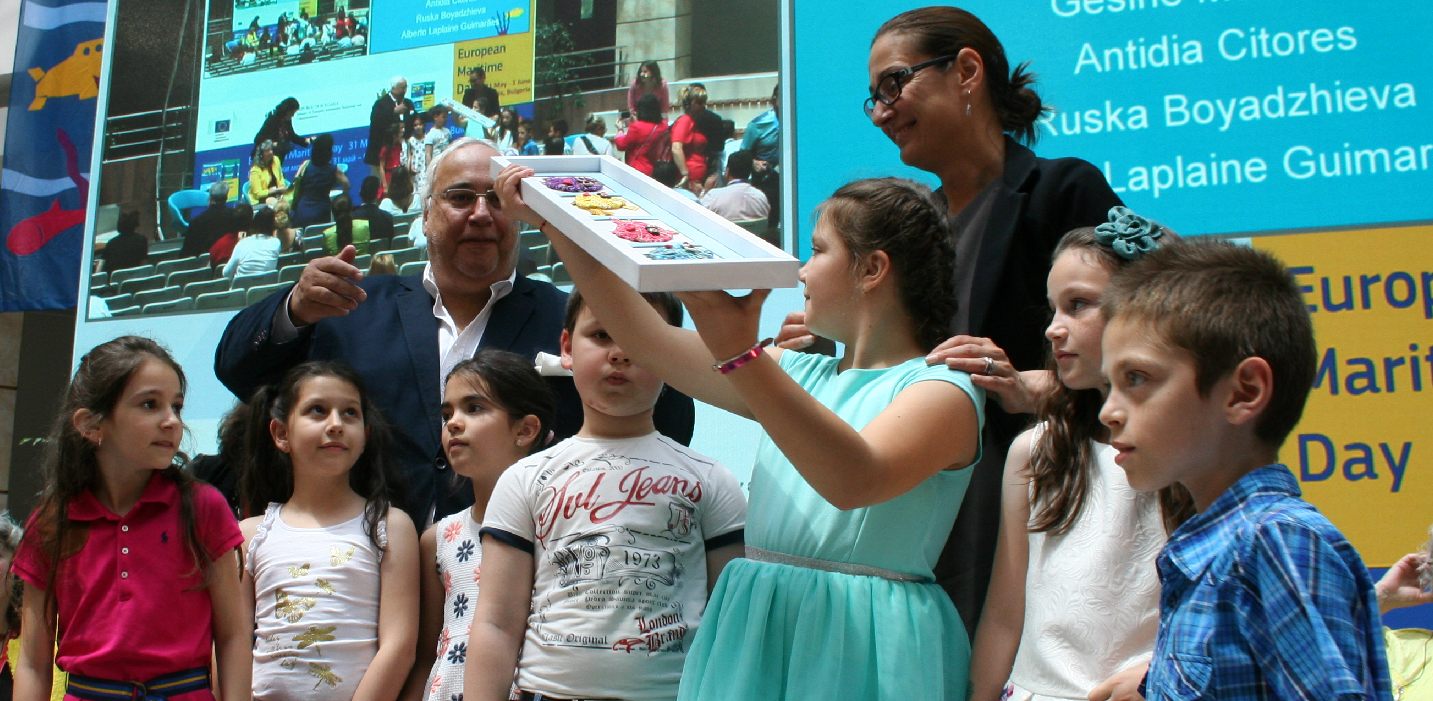|
WORLD FOOD PROGRAMME
CLIMATE | ELECTRICITY | RIGHTS | HYDROGEN | PLASTIC | SPACE | TRANSPORT | NATIONS
Please use our A-Z INDEX to navigate this site, or HOME
|
|||||||||||||||
GLOBAL WARMING - "Climate change is increasing the frequency of climate-related disasters, creating greater risks of hunger and the breakdown of food systems. The World Food Programme is working with governments, international partners, researchers and local communities to analyse and understand the impacts of climate change. Through programmes, innovations, policy and technical support we are helping those most at risk to become climate resilient and food secure."
The World Food Programme (WFP) is the food-assistance branch of the United Nations and the world's largest humanitarian organization addressing hunger and promoting food security.
Where food assistance is provided to around 91.4 million people, compared to the looming international food crisis due to Climate Change, Water Crisis, Fossil Fuel Dependence and Land Use Change, this is a drop in the ocean where over a billion people are at longer term risk and the safety net that are our oceans are being poisoned.
From its headquarters in Rome and from more than 80 country offices around the world, the WFP works to help people who cannot produce or obtain enough food for themselves and their families. It is a member of the United Nations Development Group and part of its executive committee.
OVERVIEW
"Assisting 91.4 million people in around 83 countries each year, the World Food Programme (WFP) is the leading humanitarian organization saving lives and changing lives, delivering food assistance in emergencies and working with communities to improve nutrition and build resilience.
As the international community has committed to end hunger, achieve food security and improved nutrition by 2030, one in nine people worldwide still do not have enough to eat. Food and food-related assistance lie at the heart of the struggle to break the cycle of hunger and poverty.
On any given day, WFP has 5,000 trucks, 20 ships and 92 planes on the move, delivering food and other assistance to those in most need. Every year, we distribute more than 15 billion rations at an estimated average cost per ration of US$ 0.31. These numbers lie at the roots of WFP’s unparalleled reputation as an emergency responder, one that gets the job done quickly at scale in the most difficult environments.
WFP’s efforts focus on emergency assistance, relief and rehabilitation, development aid and special operations. Two-thirds of our work is in conflict-affected countries where people are three times more likely to be undernourished than those living in countries without conflict.
In emergencies, WFP is often first on the scene, providing food assistance to the victims of war, civil conflict, drought, floods, earthquakes, hurricanes, crop failures and natural disasters. When the emergency subsides, WFP helps communities rebuild shattered lives and livelihoods. We also work to strengthen the resilience of people and communities affected by protracted crises by applying a development lens in our humanitarian response.
WFP development projects focus on nutrition, especially for mothers and children, addressing malnutrition from the earliest stages through programmes targeting the first 1,000 days from conception to a child’s second birthday, and later through school meals.
WFP is the largest humanitarian organisation implementing school feeding programmes worldwide and has been doing so for over 50 years. Each year, WFP provides school meals to 18.3 million children across 65 countries, often in the hardest-to-reach areas.
WFP purchases 3 million metric tons of food every year. At least three quarters of it comes from developing countries. By buying food as close as possible to where it is needed, we can save time and money on transport costs, and help sustain local economies. Increasingly, WFP meets people’s food needs through cash-based transfers that allow the people we serve to choose and shop for their own food locally.
WFP also provides services to the entire humanitarian community, including passenger air transportation through the UN Humanitarian Air Service, which flies to more than 280 locations worldwide.
Funded entirely by voluntary donations, in 2017 WFP raised US$6 billion. WFP has more than 15,000 staff worldwide of whom over 90 percent are based in the countries where the agency provides assistance.
WFP is governed by a 36-member Executive Board. It works closely with its two Rome-based sister organizations, the Food and Agriculture Organization of the United Nations and the International Fund for Agricultural Development. WFP partners with more than 1,000 national and international NGOs to provide food assistance and tackle the underlying causes of hunger."
GOVERNANCE
The WFP is governed by an executive board which consists of representatives from 36 member states. David Beasley is the current executive director, appointed jointly by the UN Secretary General and the director-general of the FAO for a five-year term. He heads the secretariat of the WFP. The
European Union is a permanent observer in the WFP and, as a major donor, participates in the work of its executive board.
PARTNERS
"WFP works closely with national governments, UN partners and NGOs to inform the policies and programmes adopted to fight hunger in different circumstances.
Economic, geospatial and household vulnerability data is analysed to provide a picture of the food security situation on which to base the design of WFP’s operations.
WHERE THEY WORK
CONTACTS
Via Cesare Giulio Viola 68
INTERNATIONAL ORGANIZATIONS 2018
LINKS & REFERENCE
https://www1.wfp.org/ https://www.wfp.org/home https://en.wikipedia.org/wiki/World_Food_Programme https://en.wikipedia.org/wiki/List_of_intergovernmental_organizations
FOR OUR CHILDREN - This was the conclusion of European Maritime Day in Burgas: The children of Burgas present Alberto Laplaine Guimarães with a gift from the Bulgarian City. Sustainable growth and aims for a circular economy are for our children and their children, and their children, and their children - lest we forget why we are working to clean our act up. As trustees of our blue planet we should hand the world to our successors in better shape than we found it. Copyright © photograph June 1 2018 Cleaner Ocean Foundation.
|
|||||||||||||||
|
This website is provided on a free basis as a public information service. Copyright © Cleaner Oceans Foundation Ltd (COFL) (Company No: 4674774) 2019. Solar Studios, BN271RF, United Kingdom. COFL is a charity without share capital.
|
